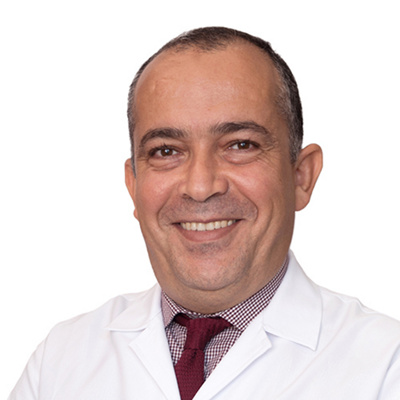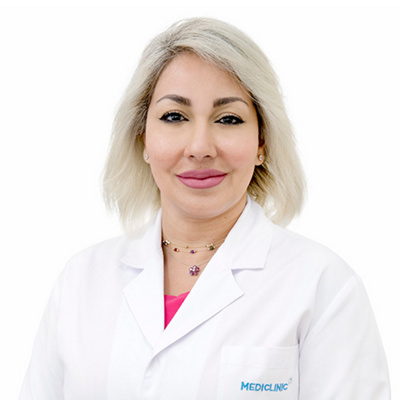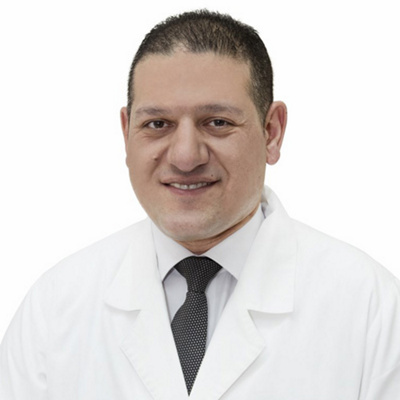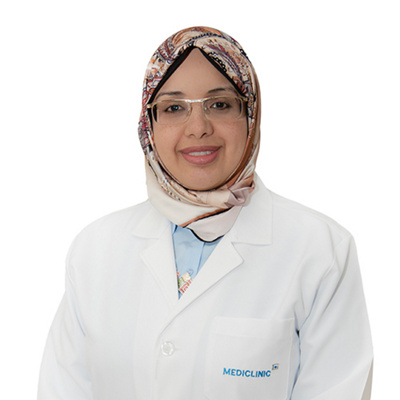Welcome to our comprehensive guide to Pulmonology and Respiratory medicine at Mediclinic Airport Road Hospital in Abu Dhabi. The respiratory medicine field is dedicated to the diagnosis, treatment, and management of conditions affecting the respiratory system. From common ailments such as asthma and chronic obstructive pulmonary disease (COPD) to more complex disorders such as lung cancer and pulmonary fibrosis, respiratory medicine encompasses a wide range of conditions that impact breathing and lung function.
Understanding the Respiratory System
The respiratory system is made up of the organs in the body that help you to breathe. The respiratory system is a complex network responsible for the intake of oxygen and expulsion of carbon dioxide from the body. The respiratory system is made up of the organs in the body that help you to breathe. The goal of breathing is to deliver oxygen and to take away carbon dioxide from the body. The respiratory system includes the lungs, trachea, bronchi and diaphragm, which is the dome shaped muscle at the bottom of the lungs.
When any part of this intricate system is affected, it can lead to various respiratory issues.
Damage to the respiratory system occurs due to multiple factors such as infection, pollution, allergy or smoking.
Respiratory medicine plays a crucial role in diagnosing, treating, and managing a wide array of conditions that affect breathing and lung function. Understanding these conditions, their diagnosis, treatment options, and preventive measures is essential for maintaining optimal respiratory health.
At the Pulmonology and Respiratory Department in Mediclinic Airport Road Hospital Abu Dhabi, we prioritise the well-being of our patients and strive to provide comprehensive care, empowering individuals to breathe easier and lead healthier lives.
The Department of Respiratory Medicine at Mediclinic Airport Road Hospital in Abu Dhabi is equipped to deal with all types of breathing problems (acute and chronic) including:
- Acute cough
- Allergic airway diseases
- Chronic cough
- Breathlessness
- Asthma and wheezing
- COPD, chronic bronchitis and emphysema
- Snoring and breathing cessation
- Obstructive sleep apnoea (OSA)
- Haemoptysis - coughing up blood
- Respiratory infections
- Pulmonary hypertension
- Pulmonary vascular diseases
- Lung diseases:
- Pneumonia
- Bronchiectasis
- Connective tissue disease related lung diseases
- Lung cancer
- Lung fibrosis
- Sarcoidosis
- Pleural diseases
- Smoking-related diseases
Respiratory tests and procedures
- Sleep study (Polysomnography)
- Initiation and maintenance of non-invasive ventilation (CPAP and BiPAP)
- Spirometry with reversibility
- Allergy skin prick tests
- Diagnostic bronchoscopy:
- Bronchoscopy with bronchial washings
- Bronchoscopy with bronchial brushings
- Bronchoscopy with bronchial biopsies
- Comprehensive lung function tests
Diagnosis and Treatment
Respiratory specialists employ various diagnostic tools to identify and understand respiratory conditions:
- Pulmonary Function Tests (PFTs): These tests measure lung capacity, airflow, and gas exchange to assess how well the lungs are functioning.
- Imaging Studies: X-rays, CT scans, and MRIs help visualise the structure of the lungs and detect abnormalities or lesions.
- Bronchoscopy: A procedure using a thin, flexible tube with a camera to examine the airways and collect tissue samples for analysis.
Treatment Approaches
Treatment plans for respiratory conditions depend on the specific diagnosis and may include:
- Medications: Inhalers, steroids, antibiotics, and other drugs to manage symptoms and control inflammation.
- Oxygen Therapy: Providing supplemental oxygen to improve oxygen levels in the blood for those with severe respiratory conditions.
- Pulmonary Rehabilitation: A programme involving exercise, education, and support to improve lung function and overall quality of life.
- Surgery: In cases of lung cancer or severe lung damage, surgical intervention may be necessary, which could involve lung resection or transplant.
Importance of Lifestyle and Prevention
While medical intervention is crucial, adopting a healthy lifestyle and preventive measures can significantly reduce the risk of developing respiratory conditions:
- Avoiding Tobacco: Smoking cessation is vital in preventing various respiratory diseases and improving lung health.
- Air Quality: Minimising exposure to air pollutants, dust, and other irritants can help prevent respiratory issues.
- Vaccinations: Regular flu shots and vaccinations against pneumonia can protect against infections that can lead to respiratory complications.
Seeking Expert Care
If you or a loved one experience persistent respiratory symptoms such as shortness of breath, chronic cough, or chest pain, seeking prompt medical attention from a respiratory specialist is essential. Early diagnosis and intervention can greatly improve outcomes and quality of life.
Our Commitment to Respiratory Health
At the Pulmonology and Respiratory department in Mediclinic Airport Road Hospital in Abu Dhabi, we offer comprehensive care for individuals with respiratory conditions. Our team of experienced pulmonologists offers state-of-the-art diagnostics, personalised treatment plans, and ongoing support to help manage and alleviate respiratory issues.
Whether it's routine check-ups, advanced treatments, or guidance on lifestyle changes, our commitment to respiratory health ensures that every patient receives compassionate and expert care tailored to their needs.
If you have concerns about your respiratory health or seek expert guidance, do not hesitate to schedule a consultation with our respiratory specialists. Together, we can work towards better respiratory health and improved quality of life.






